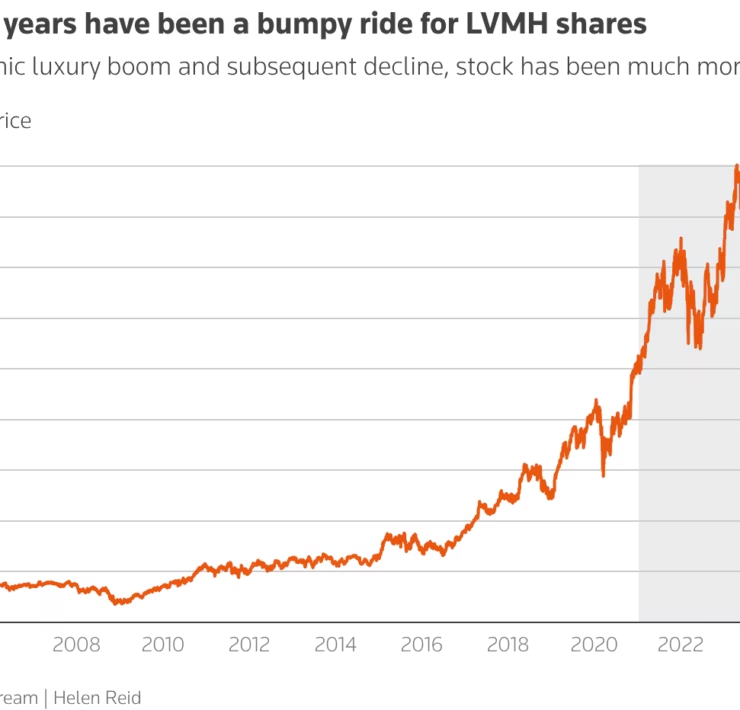REPORT ON THE GROWTH EXPECTATIONS OF THE DIETARY SUPPLEMENTS SECTOR

1. Introduction The dietary supplements sector has experienced sustained growth in recent years, driven by factors such as increased interest in health and wellness, an aging population, and growing awareness of the importance of nutrition. This report analyzes the growth expectations of the sector in the coming years, considering market trends, technological innovations, and regulatory factors. The reference year is set as 2024, with projections through 2030.
2. Current Market Overview The global dietary supplements market was valued at approximately $175 billion in 2024 and is expected to continue growing at a compound annual growth rate (CAGR) of 7-9% through 2030. The increasing demand for products that enhance immune health, energy, and longevity has driven diversification in product offerings and innovation in formulations. The market is projected to surpass $300 billion by the end of the decade.

The market is dominated by regions such as North America, Europe, and Asia-Pacific, where consumers have developed greater awareness of the importance of supplementation in their lifestyle. Latin America and Africa are also showing notable growth due to improved accessibility and distribution of these products. Additionally, there is an increase in the sector’s presence in pharmacies, supermarkets, and specialty stores, driven by consumer preference for purchasing supplements from trusted sources.


3. Key Growth Drivers
Changing consumer habits: Consumers are looking for natural alternatives and supplements that support overall well-being. Interest in preventive health has grown after the COVID-19 pandemic, leading to increased purchases of vitamins, minerals, and herbal extracts.
Aging population: By 2030, more than 20% of the global population is expected to be over 60 years old, increasing demand for products that support bone, joint, and cognitive health. The development of longevity and general wellness supplements is a growing area.
Popularity of fitness and wellness: The growth of trends such as veganism, sports, and preventive medicine is driving demand for specific supplements. The search for plant-based proteins, collagen, and amino acids is booming. Active individuals seek to improve performance and recovery with products tailored to their needs.
Innovation in ingredients and formulations: Biotechnology and advances in nutritional science have improved the effectiveness and absorption of supplements. Encapsulation technologies and sustained-release systems have been developed to optimize nutrient absorption, maximizing effectiveness.
Growing interest in immunity and mental health: Products containing probiotics, vitamins D and C, omega-3, and adaptogens have gained popularity due to their relationship with overall well-being, stress reduction, and improved cognitive performance.
Expansion of e-commerce: The sale of supplements online has increased significantly, allowing access to a broader variety of products and personalized options. Subscription models have also gained traction, ensuring continuous access to these products.
4. Fastest-Growing Segments
Immune health supplements (vitamin C, zinc, probiotics, echinacea, reishi, astragalus).
Sports supplements (protein powders, creatine, BCAA, glutamine, pre- and post-workout supplements, hydration electrolytes).
Personalized nutrition and nootropics (for memory, concentration, and cognitive performance, based on DNA studies and biomarkers).
Vegan and natural supplements (plant-based, free from additives and synthetic products, with sustainability certifications).
Digestive health supplements (fiber, prebiotics, digestive enzymes, and probiotics designed for gut microbiota).
Women’s health supplements (collagen, hyaluronic acid, iron, herbal extracts for hormonal balance, supplements for menstrual cycle and menopause).

5. Market Trends
Personalized supplements: Use of AI and genetic testing for personalized recommendations, offering specific combinations based on DNA analysis and biomarkers.
Sustainability and clean labels: Transparency in ingredients and eco-friendly packaging. The goal is to reduce environmental impact and increase ingredient traceability.
E-commerce and subscription models: Growth in online sales and monthly subscription models with personalized supplement deliveries based on user needs.
Regulation and safety: Increased regulations to ensure the quality and effectiveness of supplements. Regulatory agencies are expected to establish stricter standards on health claims.
Integration of food and supplements: Growth in hybrid products, such as functional beverages, fortified snacks, and foods enriched with vitamins and minerals.
Greater focus on gut health and microbiome: The rise in microbiome research is driving the development of supplements designed to balance the digestive system and improve overall health.
6. Sector Challenges
Strict regulations: In various regions, regulatory bodies such as the FDA (U.S.) and EFSA (European Union) are increasing oversight of supplement safety and efficacy, which could slow the commercialization of new products.
Growing competition: Market saturation has led to a proliferation of brands, forcing companies to differentiate through quality, innovation, and effective marketing strategies.
Consumer education: Misinformation about the effectiveness of supplements remains an issue. Companies must invest in education and evidence-based marketing to build credibility.
Cost of raw materials: Rising costs of key ingredients due to inflation and supply chain issues may impact sector profitability.
Consumer expectations: Consumers are becoming more demanding and seek products with tangible and demonstrable benefits.
7. Conclusion The dietary supplements sector will continue to grow significantly, driven by interest in health and wellness, innovation in formulations, and the digitalization of distribution. Companies that adopt differentiation, personalization, and sustainability strategies will have greater opportunities for success in this highly competitive market. Success will rely on transparency, product quality, and the ability to adapt to new consumer trends. Technological evolution will enable supplementation to become more precise and effective, with solutions tailored to individual needs. Finally, the growth of e-commerce and the trend toward more informed and responsible consumption will play a fundamental role in the sector’s expansion through 2030.
Share/Compártelo
- Share on LinkedIn (Opens in new window) LinkedIn
- Share on WhatsApp (Opens in new window) WhatsApp
- Share on Facebook (Opens in new window) Facebook
- Share on X (Opens in new window) X
- Share on Threads (Opens in new window) Threads
- Email a link to a friend (Opens in new window) Email
- Print (Opens in new window) Print
- More
Related
Discover more from LUXONOMY
Subscribe to get the latest posts sent to your email.

















